
Powering Philippine Tourism with Renewable Energy Innovations
The 2nd Asia Sustainable Travel Forum for Next-Gen Leaders took place in Manila on Earth Day 2025, attended by tourism and hospitality management students from Far Eastern University Manila. With the theme “Powering the Future: Renewable Energy in Philippine Tourism,” the forum sparked discussions on how renewable energy can reshape the tourism industry in the Philippines, equipping future leaders with ideas and strategies to drive meaningful progress in the industry.

Cut the Waste & Emissions, Not the Flavor: Tech-Driven Solutions for Hotels & Restaurants
The hospitality sector faces rising pressure to address food waste and carbon emissions, but technology offers a smarter way forward. From AI tools that forecast diner demand to blockchain systems ensuring supply chain transparency, hotels and restaurants are adopting innovative solutions to create more sustainable dining operations. Learn how these cutting-edge technologies, paired with actionable strategies, are helping businesses reduce waste, cut costs, and appeal to eco-conscious diners while honoring regional dining traditions.

Plastic-Free Hospitality: What You Need To Know About Eco-friendly Packaging
The hospitality industry in Asia contributes significantly to packaging waste, particularly plastic waste. Today, hotels still rely heavily on single-use plastics for toiletries, takeaway containers, and in-room amenities.
According to the United Nations Environment Programme (UNEP), the tourism sector in Asia generates over 4.7 million metric tons of plastic waste annually, much of which unfortunately ends up in landfills or waterways.
Without intervention, plastic pollution is projected to triple by 2040 worldwide, according to Pew Charitable Trusts.
The shift toward reusable, compostable, or biodegradable packaging is crucial, yet many hotels struggle with adoption.

Closing the Loop on Hotel Waste with Creative Solutions
The hospitality industry faces a critical waste challenge, but innovative solutions are reshaping its future. From upcycling discarded linens to crafting ocean trash tote bags, this article highlights creative initiatives that transform waste into opportunity.

Preparing Hospitality’s Next Leaders at the AST Forum in Manila
The AST Forum for Next-Gen Leaders brought over 400 students, experts, and educators together at Manila's UNESCO-recognized Far Eastern University to reimagine the future of sustainable tourism. With a focus on smart technology, carbon reduction, and community-driven innovations, the event explored practical strategies to balance modernization and sustainability. From IoT-powered energy solutions to revitalizing cultural heritage and electric transport systems, this forum equips future leaders with tools to make lasting, impactful change in the hospitality industry.
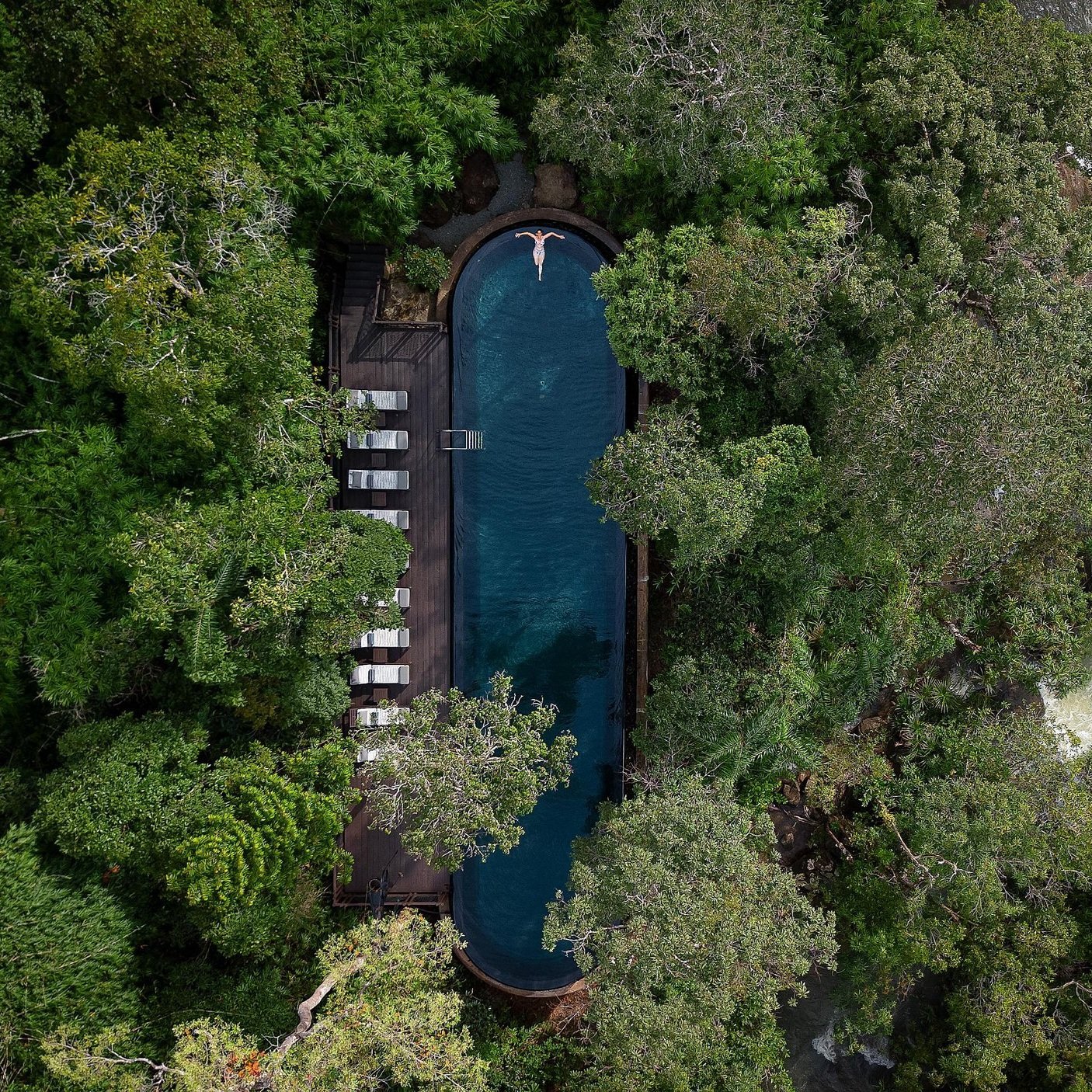
Sustainability Certifications: Green Stamp or Greenwash? APAC Travel Leaders Weigh In
As part of Asia Sustainable Travel (AST)'s ongoing commitment to better support the hotel and travel industry, we conducted a survey to understand how APAC hospitality and travel professionals perceived and evaluated sustainability certifications, such as B Corp, Positive Luxury, and those accredited by Global Sustainable Tourism Council (GSTC).
This report synthesizes key findings from the survey and provides targeted recommendations to enhance the effectiveness of sustainability certification schemes.

Fiji’s Sustainable Tourism Playbook: Lessons for Island Destinations
Fiji is setting the standard for sustainable tourism practices, blending economic growth with cultural and environmental preservation. This article explores the island nation's strategies, from empowering Indigenous communities to leading with data-driven tourism insights. Discover how initiatives like the National Sustainable Tourism Framework and programs like Loloma Hour are creating inclusive, sustainable models that hospitality and travel professionals in Asia can adapt to their own destinations.
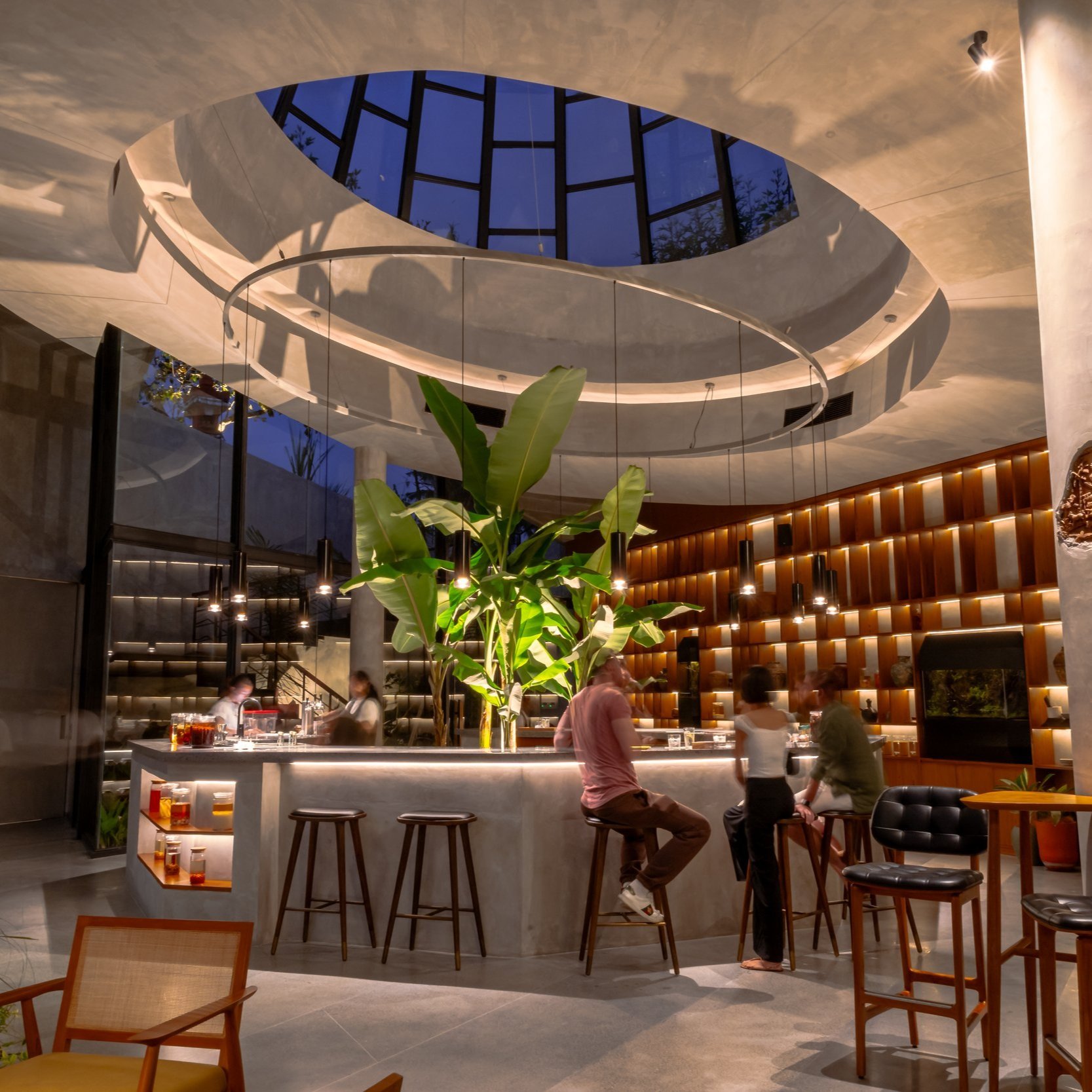
Hyperlocal and Heritage-Driven: How These Bali Restaurants Redefine Sustainability
In the dynamic hospitality landscape of Southeast Asia and the Asia-Pacific region, a few trailblazing establishments are redefining sustainability, community engagement, and innovation. Locavore NXT, Begawan Biji, and John Hardy The Long Table in Bali serve as exemplary case studies, demonstrating how fine dining and luxury experiences can harmoniously align with environmental stewardship and cultural preservation. These businesses provide valuable insights for restaurants striving to place sustainability at the heart of their business.
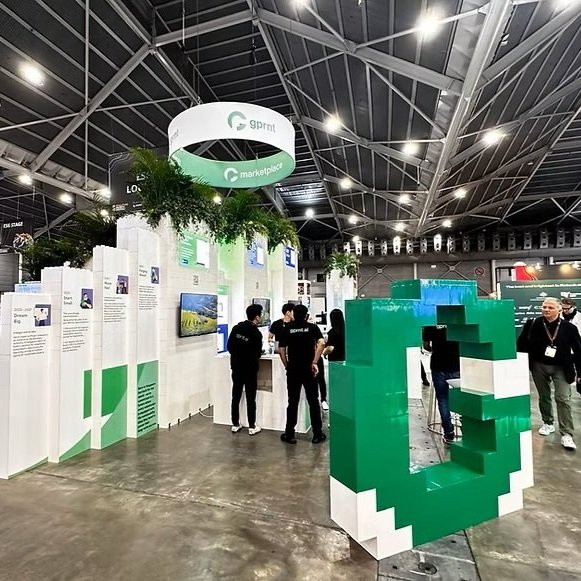
Partnering with Sustainable Event Specialists: A Guide for Hospitality and Travel Professionals
Sustainability in Meetings, Incentives, Conferences, and Exhibitions (MICE) goes beyond reducing plastic waste or ticking compliance boxes. True sustainability integrates actions that benefit the environment, empower local communities, and invigorate economies. Finding partners who share these values is a key part of the process.
This guide provides useful strategies, actionable advice, and insights from industry leaders to help MICE professionals build impactful partnerships.
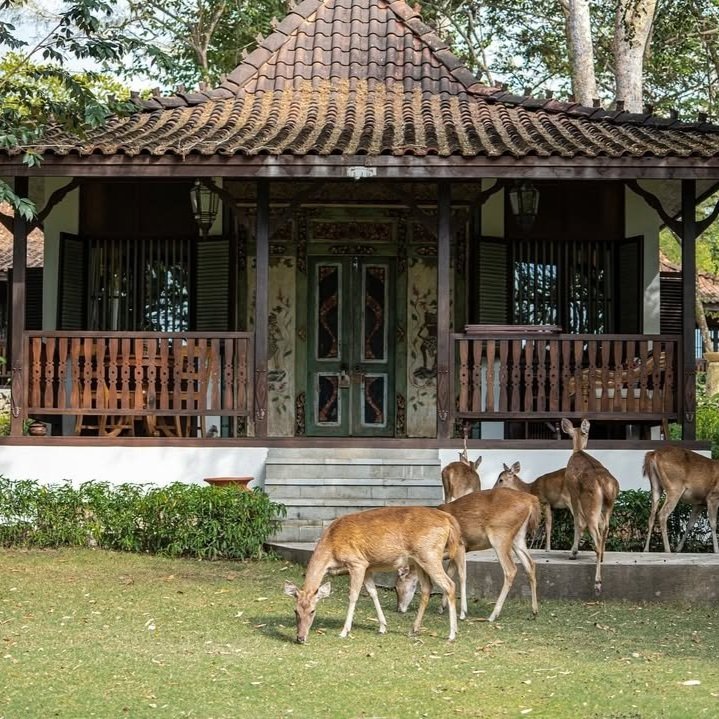
Bali’s Winning Formula: Sustainability Meets Sophistication
Bali is long celebrated for its natural beauty and cultural heritage. As one of Asia’s earliest international travel destinations, the island has a hospitality ecosystem that is as resilient as it is creative, constantly setting benchmarks for the region.
While busy and crowded as it appears in certain parts of the island, many brands in Bali have demonstrated an ability to combine sustainability with profitability, crafting ventures that captivate global travelers while offering invaluable lessons for industry professionals.
Previously, we explored the innovative practices of trailblazers like Desa Potato Head and Fivelement, Bambu Indah and Alila Uluwatu — brands that have not only minimized environmental impact but also created unique product offerings by integrating sustainability into their core strategies.
From reducing plastic waste to preserving biodiversity and cultural heritage, they show what it means to be a responsible business in the tourism sector.
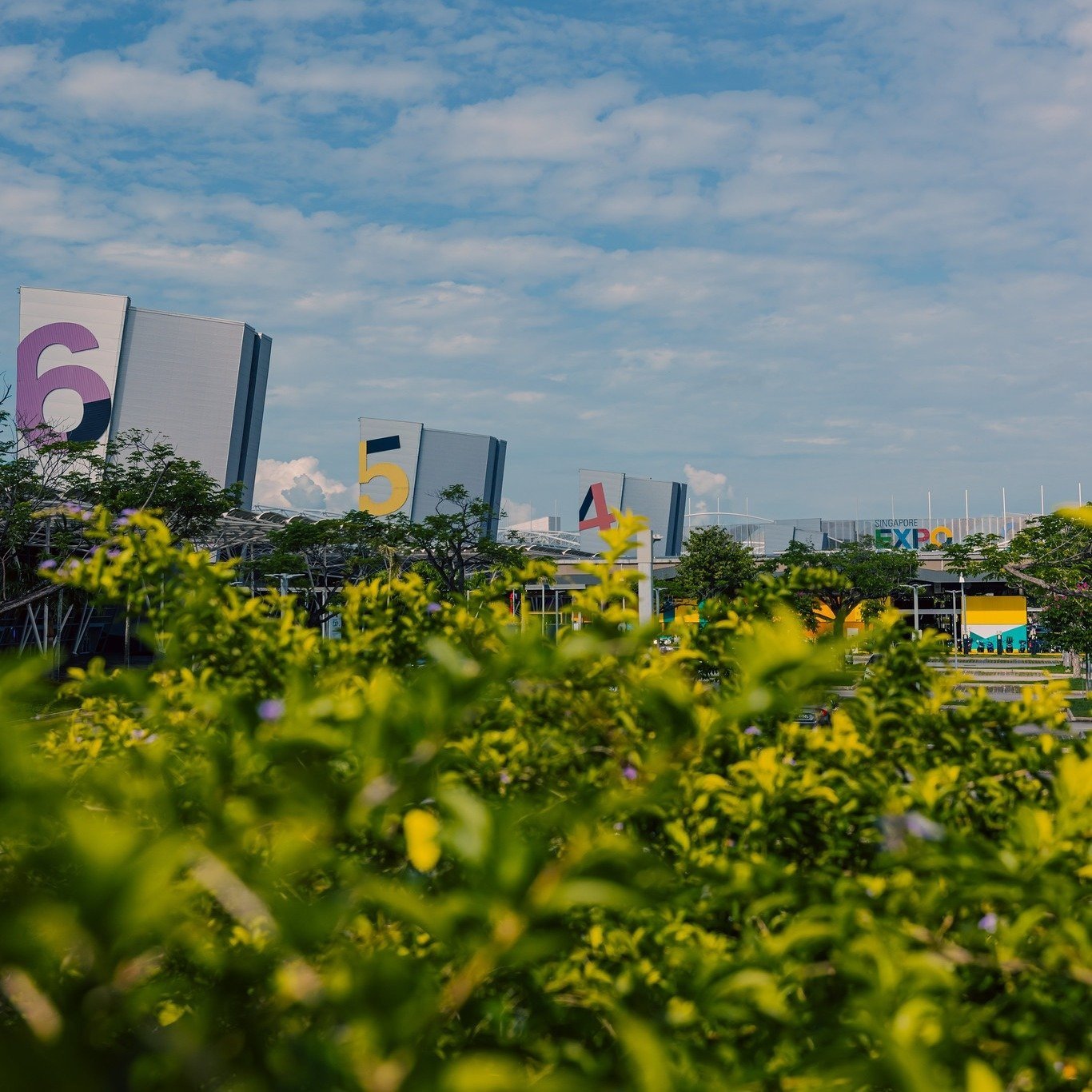
What GSTC2024 Singapore Taught Us About Hosting Sustainable Events
Sustainability has become an important factor in the MICE (Meetings, Incentives, Conferences, and Exhibitions) industry, and the recent GSTC2024 in Singapore provided a platform to explore this pressing issue. The Sustainable Events session brought together a panel of experts who shared actionable tips for hosting eco-conscious events, focusing on how to actually put them into practice.
The discussions ranged from practical ways to reduce food waste to making the most of local resources, giving event planners an easy guide to staying sustainable and community-focused.
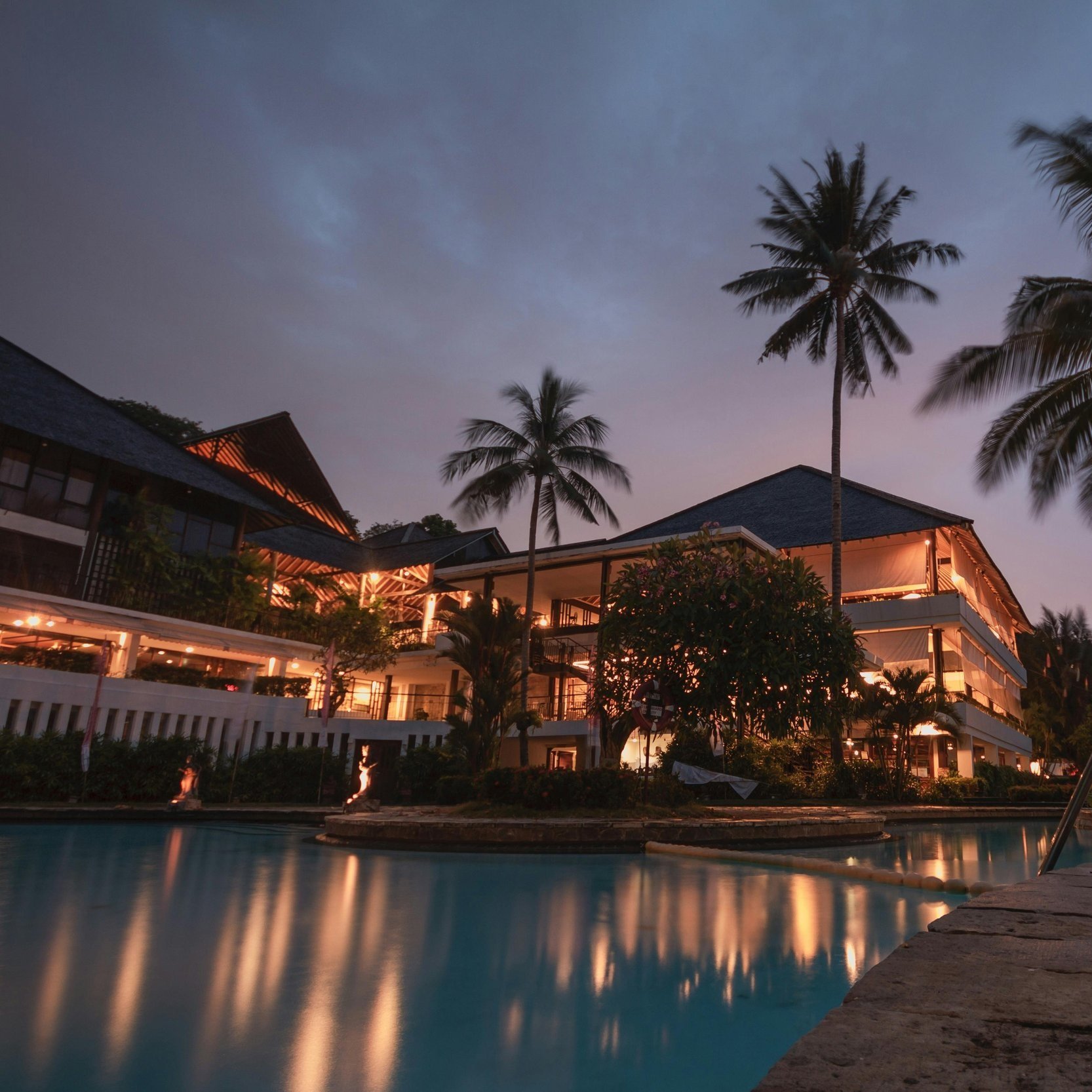
Tuu Eco Stay Awards: Elevating Hospitality with Data-Backed Sustainability Practices
With 30 awards spanning four categories—Environmental Impact, Sustainability Planning, Local Community, and Cultural Heritage—the Tuu Eco Stay Awards aims to celebrate and honor the broad spectrum of sustainable achievements by hotels.
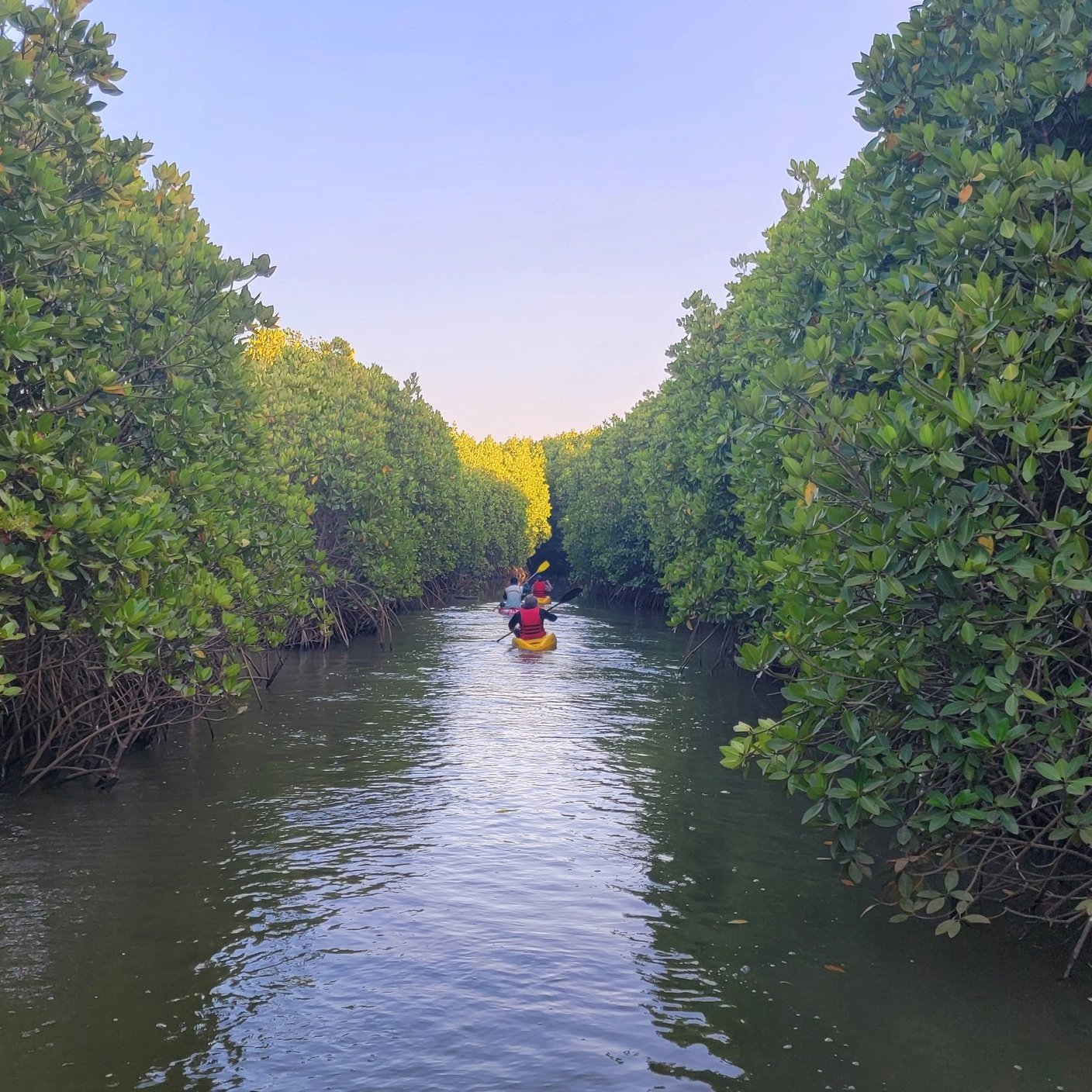
Be One With Nature at Panchabhuta Retreat
Panchabhuta Retreat is an eco-friendly retreat located at the doorstep of the Aghanashini estuary and the cul-de-sac (dead-end street) of Nirvana Beach in Western Ghats, India. The entire place is designed to embrace the natural environment where it lies. But the true magic of the Retreat unfolds only when you visit it.
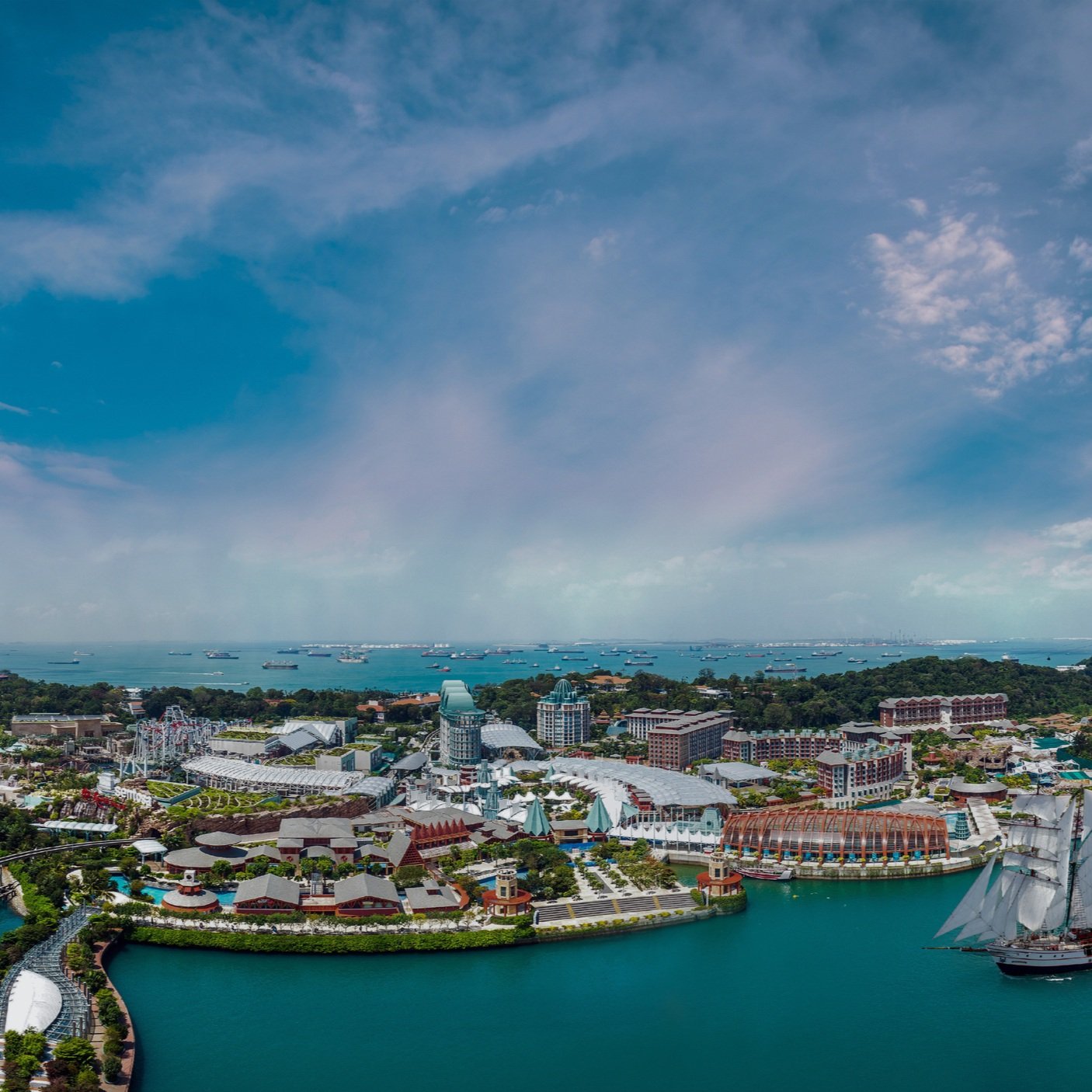
GSTC Aims to Cement its Sustainable Tourism Leadership at #GSTC2024Singapore
The Global Sustainable Tourism Council (GSTC), established by the United Nations to manage global standards for sustainable tourism, is returning to Asia to host its highly anticipated Global Sustainable Tourism Conference in Sentosa, Singapore, from 13-16 November 2024. This event takes place at a critical juncture, as the very standards of sustainability in tourism appear to be at a crossroads.
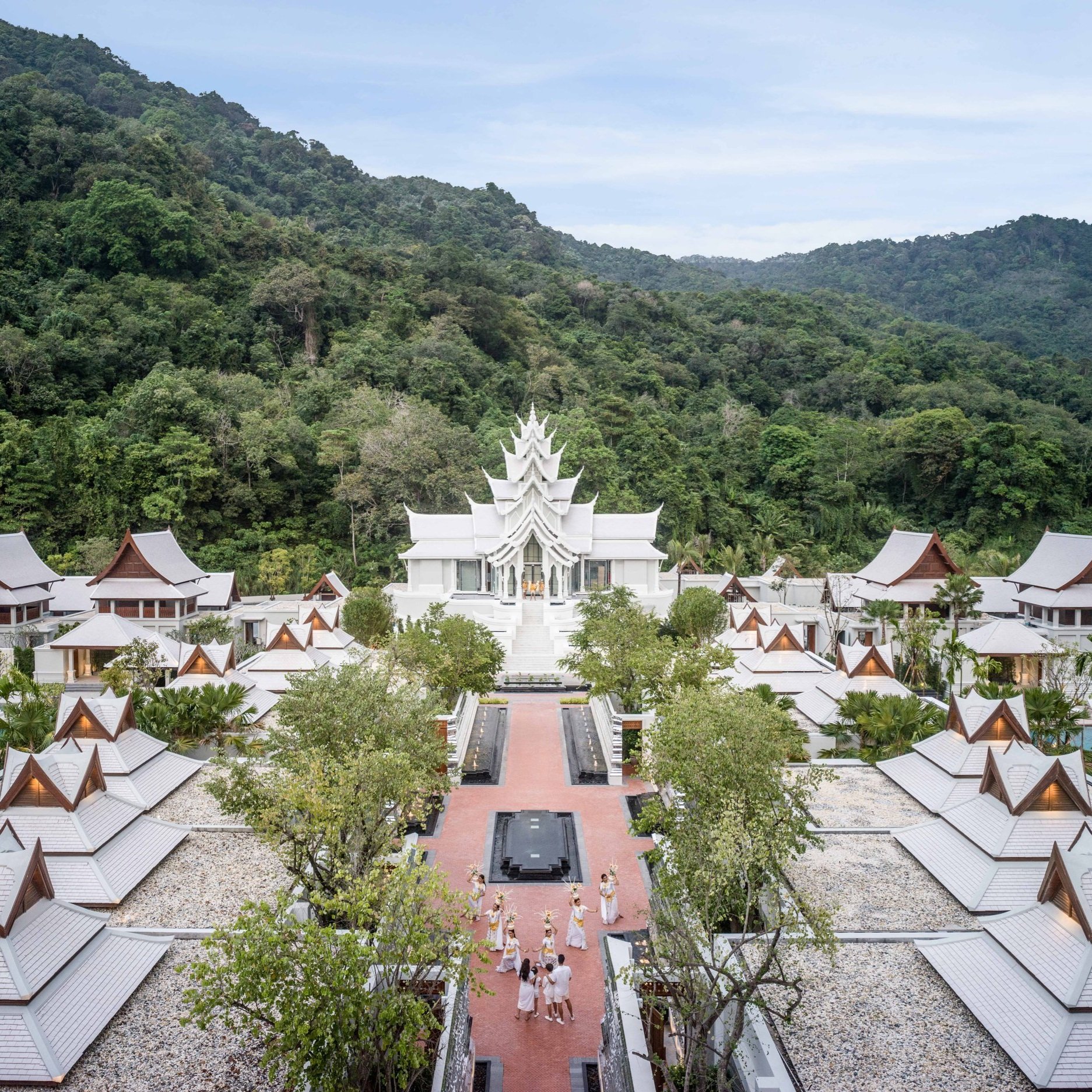
Thailand’s Tourism at a Crossroads: Can Sustainability Shape its Future?
Amid growing concerns about the effects of climate change, biodiversity loss, and cultural disruption, can Thailand harness its tourism success while also setting a new standard for sustainable, responsible travel? Will this model pay off? If so, in what ways?
In our special series, Thailand’s Best-Kept Sustainable Travel Stories, we uncover hidden gems, businesses, and communities leading the charge toward a more conscious tourism model. From Phuket’s idyllic beaches to the bustling streets of Bangkok, we’ll explore how sustainability can redefine travel in Thailand.
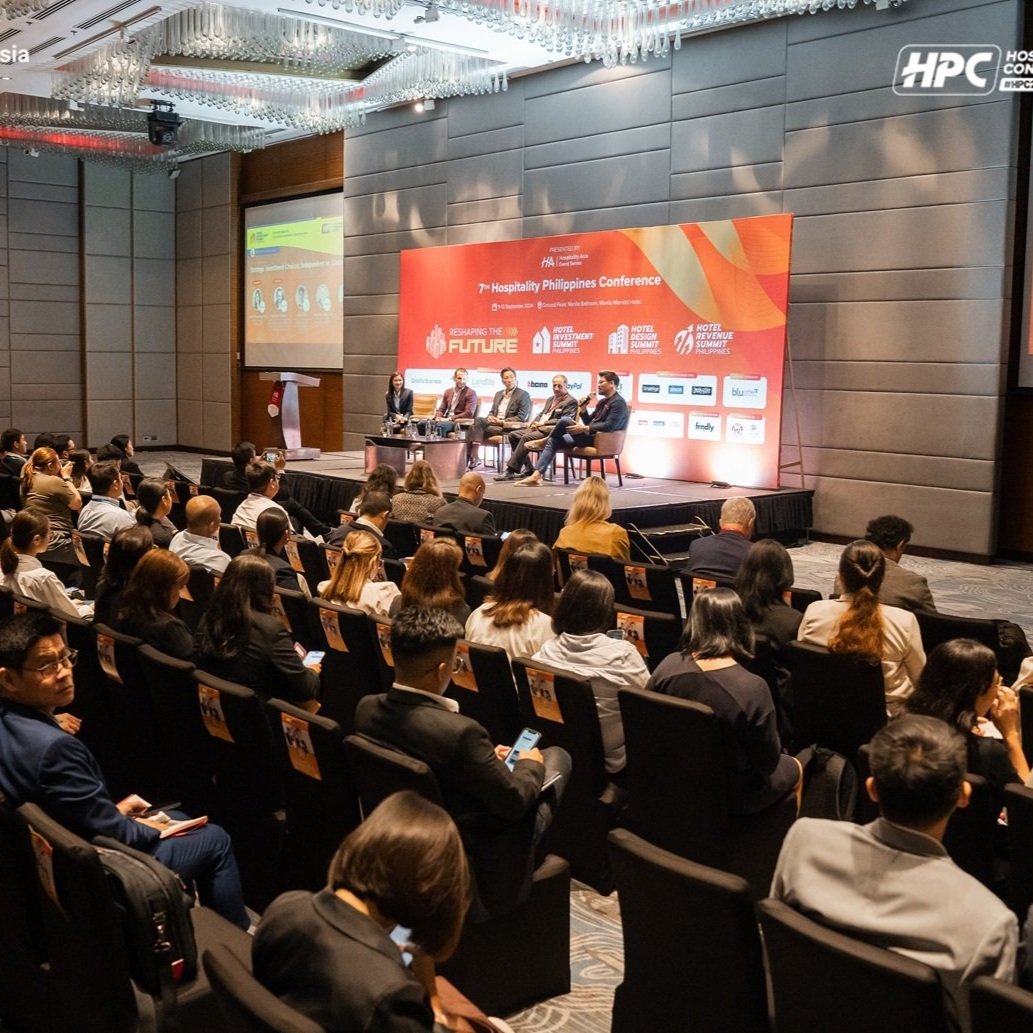
Designing the Future: Innovations and Sustainability at the Hotel Design Summit HPC2024
The 7th Hospitality Philippines Conference (HPC2024) at Marriott Manila gathered over 500 professionals and nearly 100 speakers to explore strategies in the hospitality and tourism industry. Highlights included Hotel Investment Summit, Hotel Design Summit, and Hotel Revenue Summit. The event emphasized the importance of integrating cultural and environmental elements into hotel design and using technology and data analytics to boost profits. This article focuses on the key takeaways from the Hotel Design Summit.

